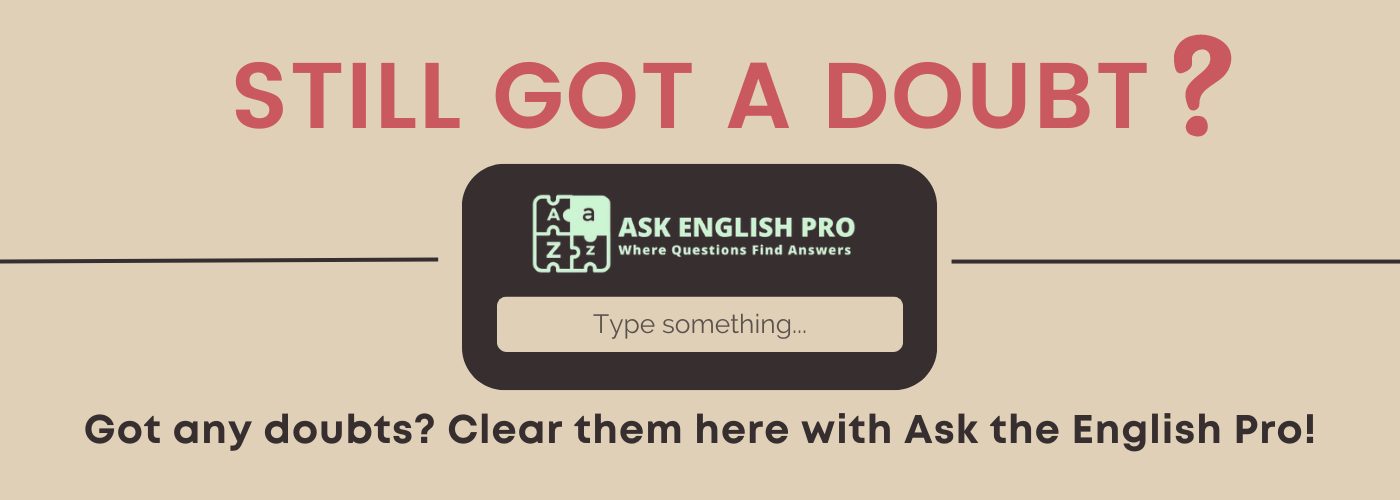Detailed Article for the Word “Crumble”
What is Crumble: Introduction
Imagine a sturdy old building weathered by time, slowly losing its structure piece by piece until it falls to the ground—this gradual disintegration is captured in the word crumble. Often used to evoke images of decay, fragility, and loss, “crumble” describes the process of breaking down or falling apart. In daily life, it’s a word that resonates when things we thought were solid begin to weaken, from structures to plans. In a world that values resilience, “crumble” reminds us of the vulnerability that exists in all things.
Origin and History of the Word Crumble
The word “crumble” stems from the Middle English word “crumblen,” which traces back to Old English “crymelian,” related to “cruma” meaning “crumb.” This connection to crumbs highlights its literal sense of breaking down into tiny pieces. Over time, “crumble” evolved to describe any gradual breakdown, whether physical or metaphorical. Since its earliest use in English in the 13th century, “crumble” has expanded from describing crumbling structures or materials to also illustrating emotional or social collapse, making it a powerful term to convey both physical and figurative fragility.
Meaning and Definition of Crumble
Crumble (verb):
- To break or fall apart into small fragments or crumbs
- To deteriorate or weaken gradually until it collapses
- To fall apart or lose coherence, especially in a figurative sense (e.g., “hopes crumbling”)
Note: The term is often used both in a literal sense (physical disintegration) and a metaphorical sense (collapse of abstract concepts like hopes or plans).
How to Pronounce Crumble
KRUM-buhl
How to Remember Crumble: Memory Tips
Think of “crumble” as “crumb-able,” something that can turn into crumbs or small pieces. Visualize a cookie turning into crumbs when broken—this disintegration into tiny fragments perfectly captures the meaning of “crumble.” Another memory aid is to think of the word “collapse” with a soft landing, as if something is slowly falling apart into smaller parts.
Crumble in a Sentence: Examples and Usage
- Literal: The old wall began to crumble after years of exposure to the elements.
- Figurative: As she listened to the news, her optimism started to crumble.
- Cooking: She sprinkled a buttery crumble over the apple pie before baking it.
- Emotional: Watching the tragedy unfold, he felt his resolve crumble.
- Historical: The once-mighty empire began to crumble from within due to corruption and mismanagement.
- Financial: With mounting debts, the company’s finances were starting to crumble.
Difficulty Level of Using Crumble
Basic to Intermediate: “Crumble” is straightforward to understand in both literal and figurative contexts. Its usage is versatile and easy for most English learners, making it suitable for everyday and expressive language.
Modern Usage of Crumble in Contemporary Context
In contemporary settings, “crumble” is widely used to describe various types of breakdowns, both literal and metaphorical. For instance, in personal development and psychology, people often talk about “emotional crumbling” when facing overwhelming stress or adversity. “Crumble” is also common in media to describe political or corporate instability, such as a failing organization or a government whose power structure is deteriorating. In popular culture, we see “crumble” used frequently in cooking shows, where a “crumble” dessert—a baked dish with a crumbly topping—is a favorite. In an era where resilience is celebrated, “crumble” poignantly underscores the fragility that lies beneath the surface, making it a powerful word to describe our vulnerabilities.




















incessant inefficiency in production caused the owner to crumble with the debt unpaid
Very good